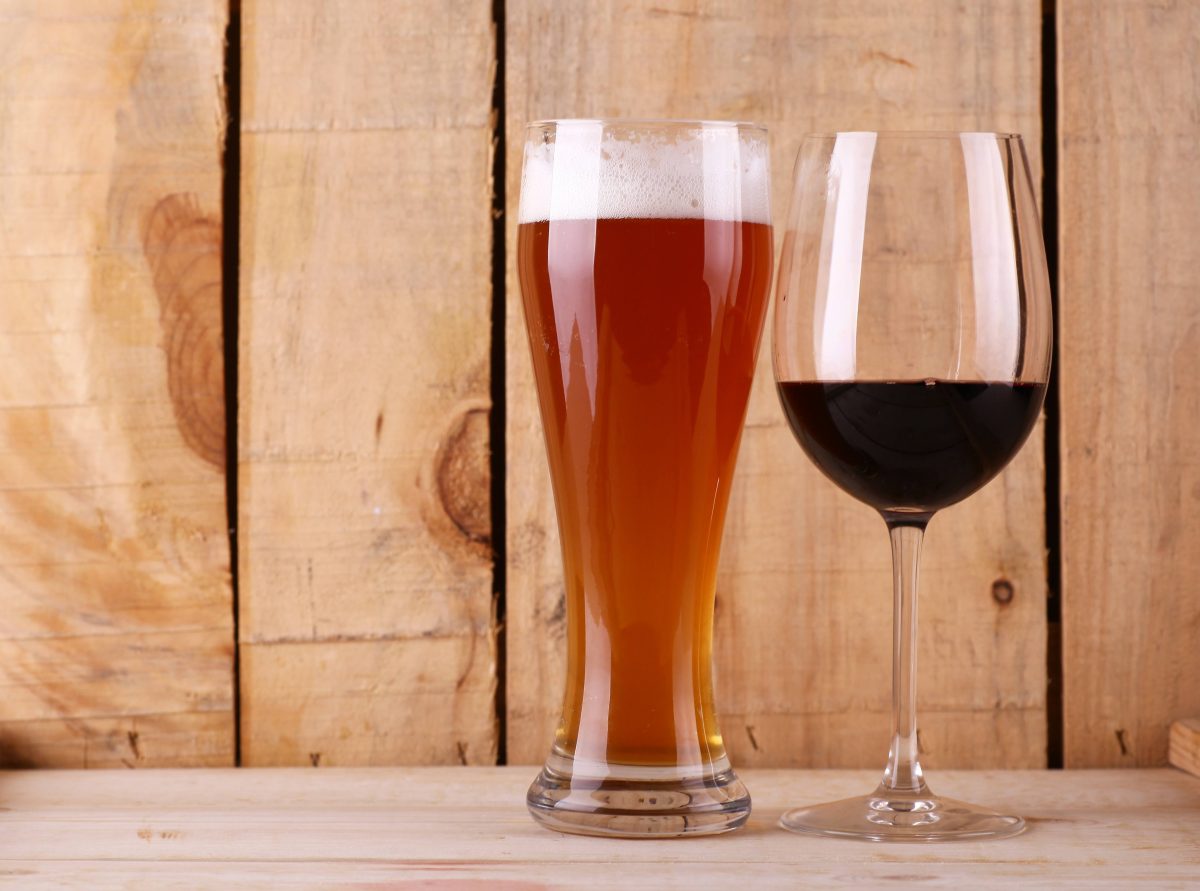New research, now published in the American Journal of Clinical Nutrition, investigates whether the order in which we drink beer and wine has any impact on the severity of our hangover.
Many people — from all around the world — will have heard different myths about drinking and curing hangovers.
They range from the “hair of the dog,” the belief that the best cure for a hangover is to have another drink, to the greasy morning-after meal that supposedly “soaks up” the alcohol.
Lots of people do believe in hangover remedies and prevention strategies, but these are rarely backed up by research.
One such belief concerns the strength of the alcohol consumed. Some believe that it is “better” to start with a drink lower in alcohol volume, such as beer, and continue with higher-volume alcohol, such as wine, to avoid getting a hangover.
Does such a claim withstand rigorous research? Scientists at the Witten/Herdecke University in Germany — in collaboration with the University of Cambridge in the United Kingdom — set out to examine the literal truth behind the saying, “Beer before wine and you’ll feel fine; wine before beer and you’ll feel queer.”
To do so, the researchers examined the effects that drinking beer and wine in different orders had on 90 study participants who were all 19–40 years old.
Dr. Kai Hensel, a senior clinical fellow at the University of Cambridge, is the senior author of the new study paper, and Jöran Köchling is its first author.
No truth to ‘beer before wine is better’
Dr. Hensel and his team divided the 90 participants into three groups. One group drank around 2.5 pints of beer and then four large glasses of wine, while the second group started with the glasses of wine and then drank the beers.
There was also a third (control) group that drank either beer or wine. A week later, the participants in the study groups that had both beer and wine reversed the order of drinking, and those who drank only wine the first time had beer the second time, and vice versa.
more on medicalnewstoday.com




